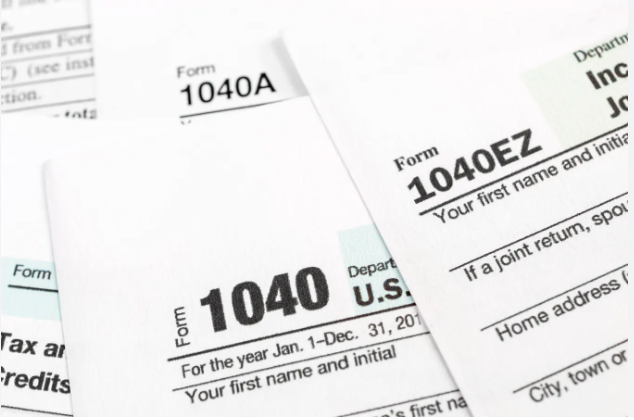Year-Round Tax Planning Cheat Sheet
For Clients:
1. Keep Records:
- Maintain organized financial records year-round, including income, expenses, and receipts.
2. Monitor Income:
- Stay aware of changes in income sources and adjust withholding or estimated tax payments accordingly.
3. Maximize Deductions:
- Explore potential deductions like home office expenses, student loan interest, and charitable contributions.
4. Retirement Contributions:
- Consider contributing to tax-advantaged retirement accounts, such as IRAs and 401(k)s, to reduce taxable income.
5. Review Investments:
- Assess investments regularly, and consult a financial advisor to optimize the tax-efficiency of your portfolio.
6. Charitable Giving:
- Strategically plan charitable contributions to maximize deductions and support causes you care about.
7. Stay Informed:
- Stay updated on tax law changes and seek professional advice on how they may impact your financial situation.
For Tax Professionals:
1. Proactive Client Engagement:
- Encourage clients to consider taxes throughout the year, not just at tax season. Schedule regular check-ins to discuss their financial situation.
2. Investment Strategies:
- Recommend tax-efficient investment strategies, such as tax-loss harvesting and long-term capital gains, to minimize tax liabilities.
3. Deduction Guidance:
- Guide clients on potential year-round deductions, ensuring they make the most of available tax benefits.
4. Estimated Taxes:
- Advise on estimated tax payments to prevent underpayment penalties. Help clients adjust payments based on changing income.
5. Retirement Planning:
- Promote retirement contributions and explain the tax advantages of various retirement account options.
6. Tax Credits:
- Identify credits, like the Child Tax Credit and Earned Income Tax Credit, that clients may qualify for and ensure they claim them.
7. Tax Law Updates:
- Stay informed about tax law changes and proactively inform clients about potential impacts on their financial plans.
Important Filing Dates (California):
- April 15: Individual income tax returns due (or the next business day if it falls on a weekend or holiday).
- June 15: Extended individual income tax returns due for filers who requested an extension.
- April 15: First-quarter estimated tax payments due.
- June 15: Second-quarter estimated tax payments due.
- September 15: Third-quarter estimated tax payments due.
- January 15 (of the following year): Fourth-quarter estimated tax payments due.

